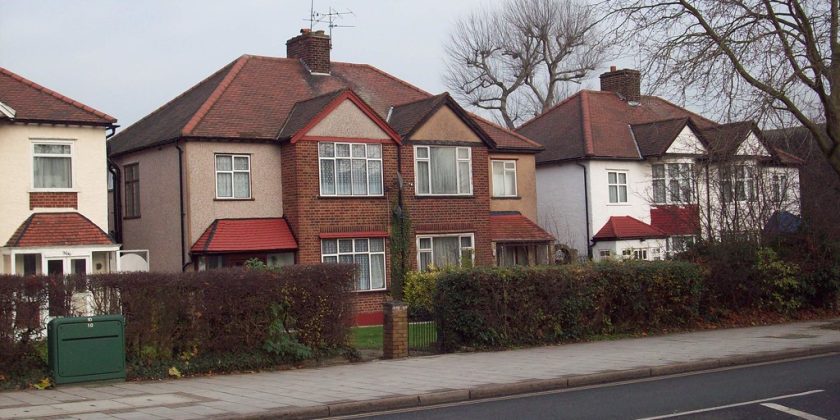As the fight against climate change continues and the UK tries to meet long-term Net Zero ambitions, more incentives towards making the property market a greener one are being released.
The most recent attempt to help landlords make their properties more energy efficient was revealed in the Spring Statement.
On Wednesday 23 March 2022, Chancellor Rishi Sunak announced homeowners installing energy-efficient materials such as solar panels, heat pumps or insulation will pay no VAT over the next five years. Before this measure was introduced VAT was previously charged at five per cent.
Here, we discuss VAT being scrapped on energy efficiency improvements in the Spring Statement, and how this might encourage more landlords to act.
What the Spring Statement revealed
A section of Rishi Sunak’s Spring Statement reads: “To help households improve energy efficiency and keep heating bills down, the government will expand the scope of VAT relief available for energy saving materials and ensure that households having energy saving materials installed pay 0% VAT.”
Energy-saving materials help to make properties more energy efficient. It means using less energy to do the same everyday tasks, reducing the level of waste, and saving money.
The process of getting these installations done can be costly. For example, air source heat pump installations can cost up to £8,000 and ground source heat pump installations can cost up to £18,000. The government understands this which is why this VAT scrap has been announced.
The shift towards energy efficiency
Throughout the Spring Statement, energy efficiency was one of the main topics of discussion. With sustainability and its correlation to home improvements a popular topic, an increasing number of tenants are prioritising the energy efficiency of their homes.
At a time when bills are reaching all-time highs, energy-efficient options can help tenants keep energy costs down.
Tenants are conscious of the cost of living and their carbon footprint, while requirements regarding the threshold for energy performance certificate (EPC) ratings possibly getting raised have led landlords to seek the best options.
Is zero per cent VAT enough for landlords?
The new change to VAT costs may encourage more landlords to install environmentally friendly energy systems.
Many landlords will welcome the VAT cut, particularly at a time when there has been increased regulation, taxation, rising energy costs, and impending energy efficiency targets putting pressure on landlords.
Offering an incentive for those who make use of energy-saving measures, is a step in the right direction.
According to The Treasury , a standard VAT charge could still apply to some households. This is because individual cases vary. Cases where saving materials are installed at the time as wider heating measures are likely to be charged the regular VAT fee.
The Spring Statement did not outline specific requirements regarding energy improvements. Further clarity regarding this subject could help to offer landlords more guidance. However, we can expect more details that outline the whole criteria to be released soon.
Here at Propcert, we can help landlords across the UK reach a higher EPC rating. The company was originally established in 2010 to meet the growing requirements of EPCs for the private and public sectors and has evolved into providing other services as we have grown.
For a full list of services please click here and contact us here for any more information on what we provide.



